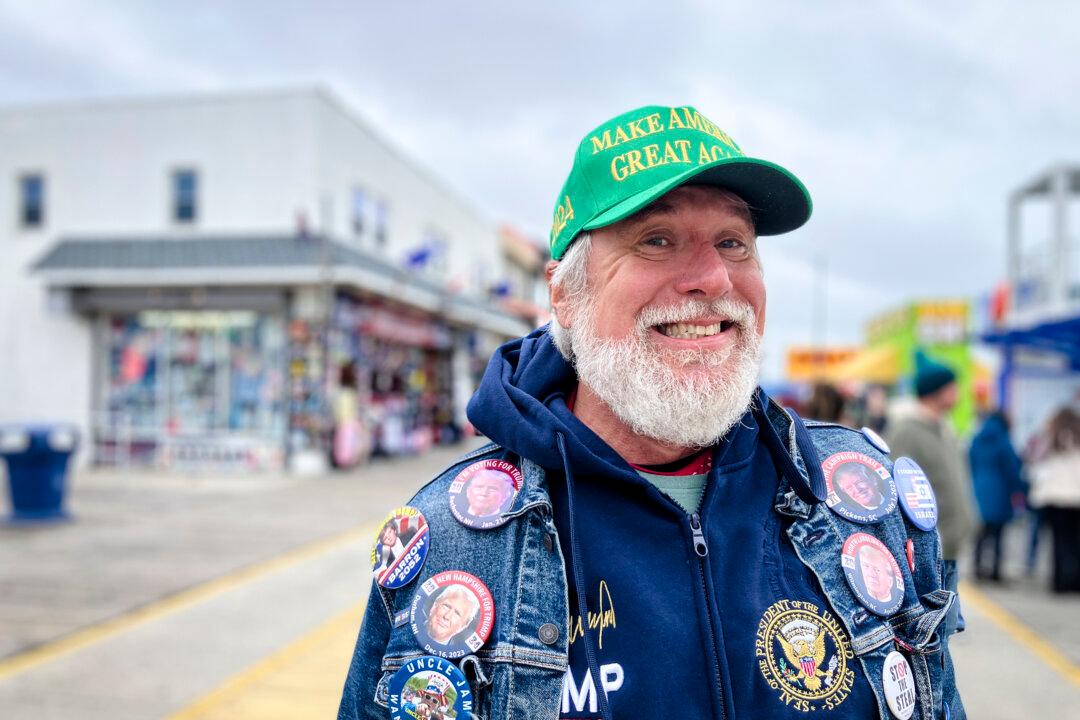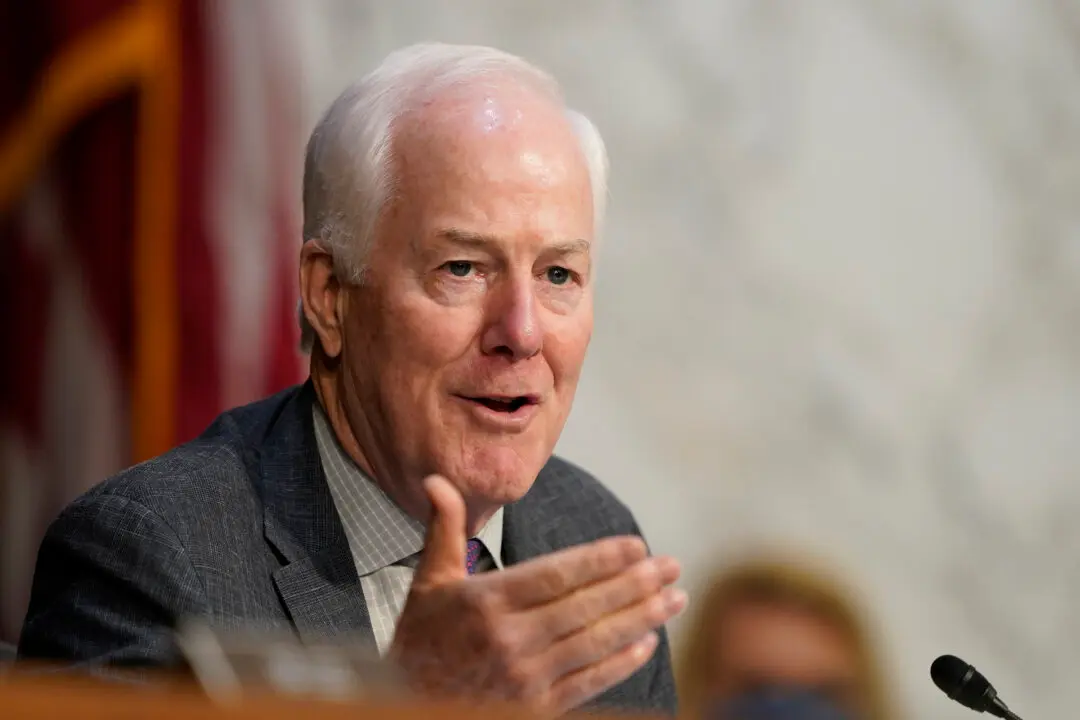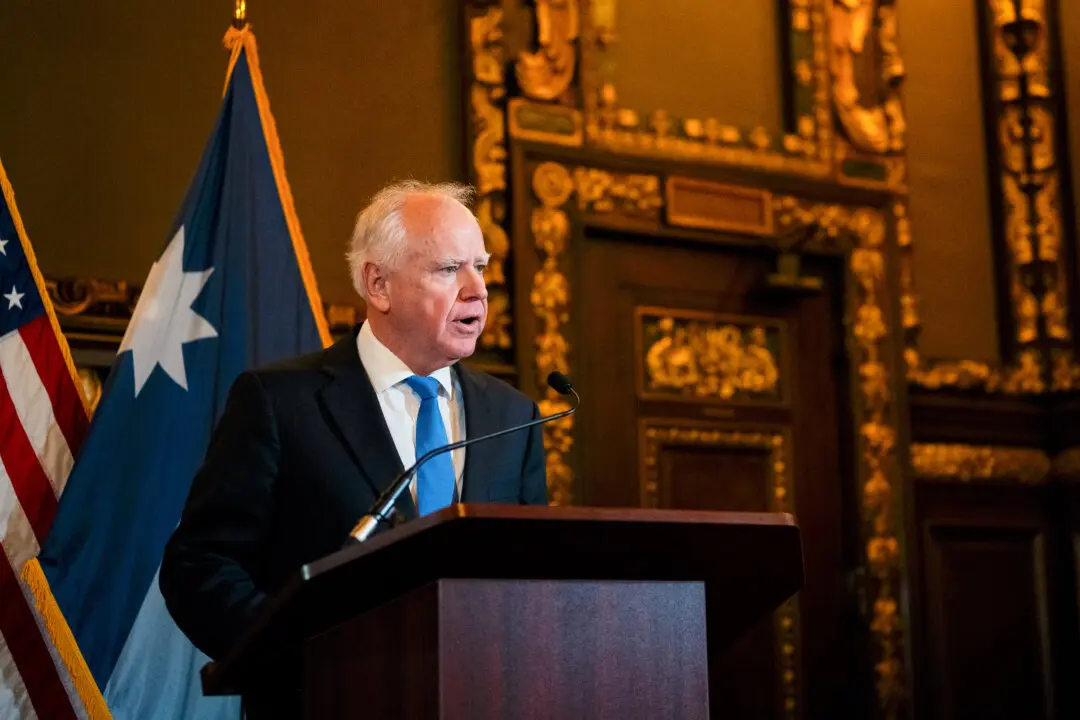WILDWOOD, N.J.—A near-fatal car crash left Edward X. Young with debilitating injuries, persistent pain, and a shattered lifelong dream.
But the aftermath of that 2015 wreck also transformed Mr. Young into one of the most ardent supporters of Donald Trump, who became America’s 45th president. The Republican former president is now aspiring to unseat Democrat President Joe Biden and become the nation’s 47th president.





